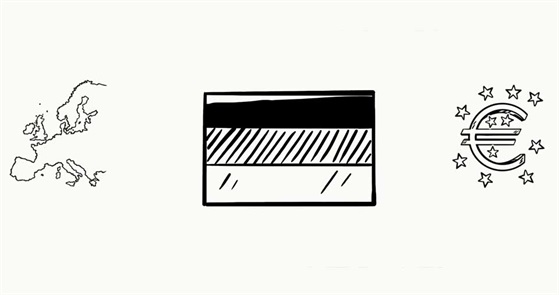🏭
Life in Germany > Economy

©
Bild_ChristianRein_ CC BY-NC-SA 2,0
What are the specific characteristics of the German economy?
How is the economy structured?
Germany is the largest economy in the EU and the fourth largest in the world after Japan, China and the USA. The German economy is characterized above all by the high export orientation. In the main branches of the automotive and mechanical engineering, as well as the chemical industry, exports account for more than half of the sales. Germany's most important trading partners are France and the Netherlands. In the past few years, strong economic sectors such as mining, the steel industry and the agriculture industry have lost much of their importance. The IT sector in Germany is also gaining in importance, in addition to the main branches. Because of the many technical orientations, the term "German engineering art" is used worldwide.
The positive economic situation also leads to a favorable development of the labor market. The country is one of the European countries with the highest employment rate and the least youth unemployment.Since 1949, Germany has been operating the so-called social market economy. This guarantees a lot of entrepreneurial freedoms but at the same time also provides for a social balance. 99 per cent of German companies belong to the so-called middle class. This includes companies with less than 500 employees.
There is a regional distribution of economic power in Germany. Especially the south is considered to be particularly economic. The federal capital of Berlin is a good place for the start-up and creative industries throughout Europe. Frankfurt is the heart of the German and European financial sector. There is not only the German stock exchange DAX but also the European Central Bank.

